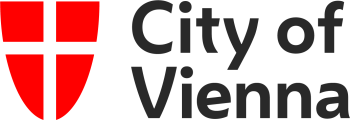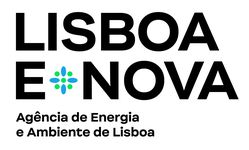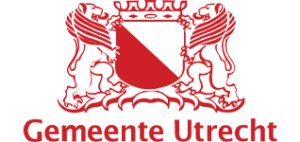Leading the way towards sustainable food systems
From food maps to food forests, seven local initiatives to inspire you!
As you know, Energy Cities recently published its new 2030 agenda, identifying four priority systems that are closely linked to climate and energy objectives. The food system is one of those, and more recently we have been exploring how cities – our members in particular- are innovating governance, fostering cultural changes, and creating concrete alternatives in the food & agriculture sector. No surprises: a wealth of innovative solutions is being tested at local level and many cities already have inspiring strategies to guide their action towards a sustainable food system…you can see some examples below!
An online platform for a climate-friendly diet in Frankfurt
The German city of Frankfurt started looking into its food system to contribute to the overall emissions reduction strategy of the city, that aims to half CO2 emissions by 2030 and rely only on renewables for its energy needs by 2050. They started by setting up a Vegetarian Day, but then developed a city-wide campaign and online platform called Klimagourmet (Climate Gourmet) lead by the local Learning Sustainability Network and the energy department of the city of Frankfurt. The platform includes a guide to local produces, events, recipes, workshops, and games to engage citizens of all ages in making their diets more sustainable.
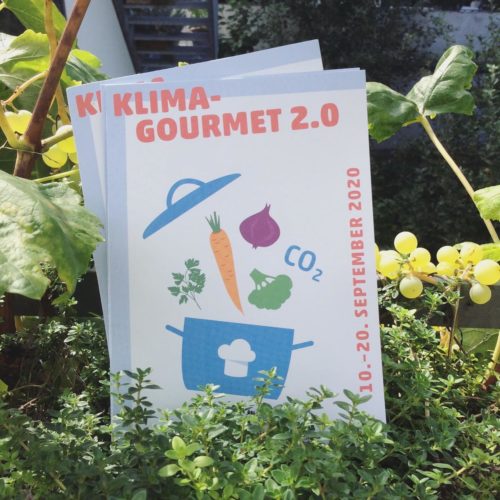
Food activities against urban poverty in Lille
In the framework of the urban regeneration of the Fives Cail brownfield – an old industrial site in Lille (France), the city developed the project “TAST’in FIVES – Transforming Areas with Social Talents: Feed, Include, Value, Educate, Share”. Thanks to this project, in the past 3 years Lille has been testing the impact of food related activities on urban poverty. They set up a collective kitchen where residents of the neighbourhood, the majority of which are leaving below poverty line, could not only cook together, but also learn about nutrition, new recipes and food-waste. The project also offered training and job opportunities, thanks to the involvement of local entrepreneurs and restaurants.
You can learn more about the impacts of TAST’in FIVES on their website.
Raising ambitions: sustainable food system 2030 in Dijon
The Metropolitan Area of Dijon (France) aims to become a demonstration site for sustainable agriculture by 2030, thanks to a “new model of agri-ecological production with high environmental performance and the virtuous sharing of resources between the city and the rural areas”. To this purpose they set up a Food Lab, and started to experiment new consumption models in view of transforming the agri-food system at local level. Dijon can also count on a local ecosystem that is very active in this sector: a network of research institutions, universities, but also innovation clusters, technology parks and businesses that can support the metropolitan government to achieve its goals. In addition, they will develop a local label, that will be granted to producers that respect high standard of quality and a proximity principle, to favour shorter food chains.
More information is available on the official website of Dijon metropolitan government
Eco-purchase in Vienna
The city of Vienna set up a public procurement model called Ökokauf (Eco purchase) in 1998: a quota of all public tenders needs to go to eco-friendly purchases. When it comes to food, Vienna has an inter-departmental working group who ensures that 30% (50% for kindergartens and public schools) of the allocated budget is spent for healthy and sustainable food destined to the public kitchens of the city. Recently, they have been reviewing the criteria to increase standards in order to provide more organic and plant-based options.
Food-waste prevention centres
In Portugal, the ReFood movement is addressing both food waste and poverty by organising volunteers to collect leftover food from different neighbourhoods and redistribute it to people in need in the same area. The initiative is not only contributing to making the local food system more sustainable while supporting those in needs, but it has also an important social impact for the entire community. It creates links between residents and allow them to act for their neighbourhood. ReFood centres are already active all over Portugal, 27 are in Lisbon alone…Check them out!
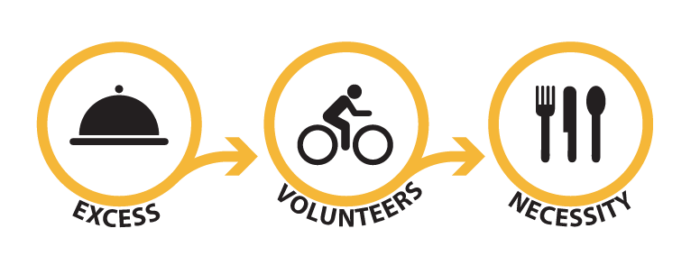
Mapping the food system in Leuven
Already in 2018, the Belgian organisation Leuven2030 developed a food strategy centred around strengthening urban-rural links and shorter food chains. In Summer 2020, they launched the local distribution platform Kort’om to support the implementation of this strategy. Every week, the platform – managed by a group of local farmers supported by the NGO Rikolto – aggregates produce from the rural areas around Leuven and organises the delivery to local restaurants and supermarkets. More recently Leuven2030 also developed an Eco Food-Map, to connect the actors and initiatives on food sustainability in the area. Citizens can use it to look for a product or the closest community orchard, whilst the city can collect data to analyse the local food system.
An urban food forest in Utrecht
At the end of 2020, the city of Utrecht announced the creation of an edible forest in a residential area – the first of its kind in the Netherlands. The forest will consist of layers of edible plants and trees, but it will also provide a habitat for animal species and a recreational and educational place for kids thanks to a neighbourhood orchard and open-air classrooms. The idea came from the residents and the concept was taken on board and later developed jointly with the municipality…a great way of giving a whole new (and tasty) purpose to urban green spaces!



